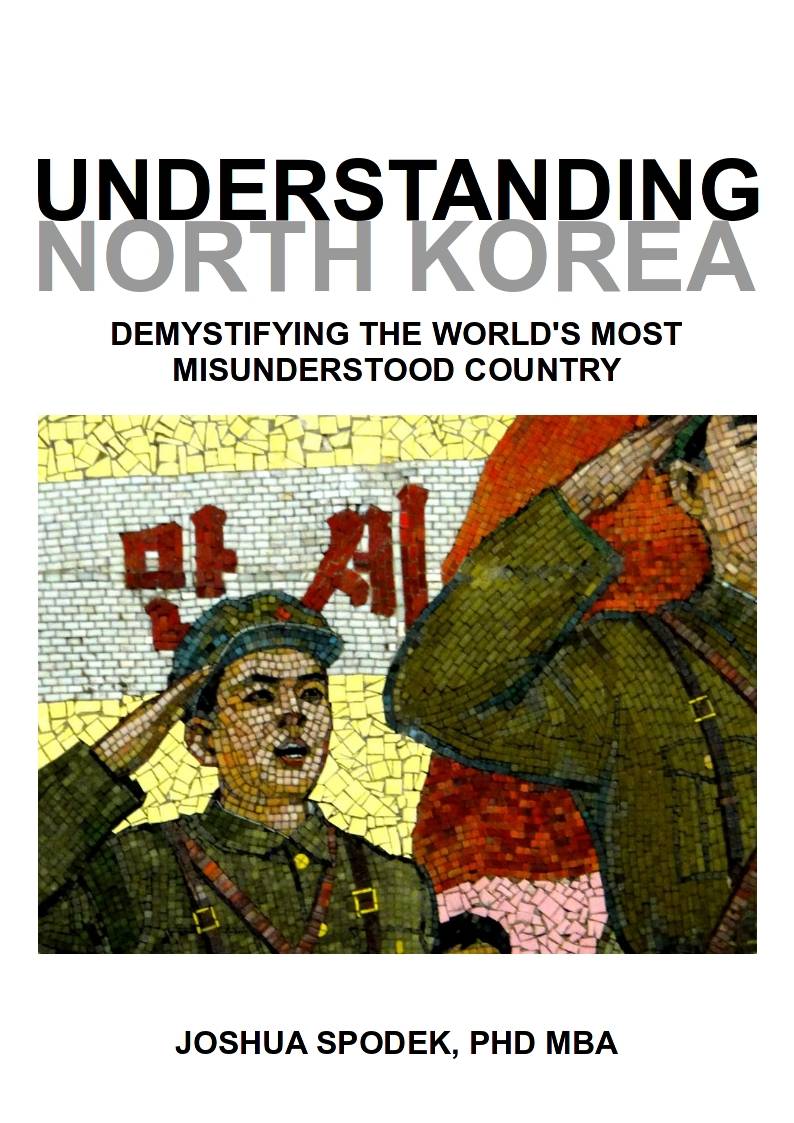I’ve written at length on this page on how I think direct interactions between North Korean people and people from the rest of the world increase communication and understanding between the two groups. I mentioned in my post on the ethics on visiting North Korea that I expect increasing tourism will open the country. I think such interactions could change North Korea, mainly by bringing new information to the population.[…] Keep reading →
North Korean strategy: reducing the risk to North Korean decision makers
on November 30, 2011 in Freedom, Leadership, NorthKoreaI have to be careful in this post. Parts of it will sound distasteful so some. But the basic idea is the same as witness protection programs for criminals. As a society we have decided that at times we will protect criminals for their cooperation to achieve more important outcomes. North Korea’s decision-makers are not criminals (everything they do is probably legal). I’m just using the analogy to explain. I[…] Keep reading →
North Korean strategy: China
on November 29, 2011 in Freedom, Leadership, NorthKoreaOne place I could see changing things in North Korea is its relationship with China. I’m sure the lack of knowledge I show in this post will make me look ignorant, but I’ll share anyway. Most of what I know about relations between China and North Korea come from three sites The Council on Foreign Relations’ report The China-North Korea Relationship The Council on Foreign Relations’ report The Six-Party Talks[…] Keep reading →
North Korean strategy: starting points for successful change
on November 28, 2011 in Freedom, Leadership, NorthKoreaI’ve described a system where when all actors act in their interests, everybody loses, except perhaps a few dozen decision-makers in North Korea. I’ve described what I think won’t substantively change the situation in North Korea. Yesterday I wrote about what wouldn’t change things. One of the greatest lessons I learned in business school applies here, as well as to all so-called moral problems: If the system leads to only[…] Keep reading →
North Korean strategy: how does the world look to North Korean leaders?
on November 26, 2011 in Freedom, Leadership, NorthKoreaI have found people outside North Korea quick to express feelings of moral outrage, indignation, and injustice by judging North Korean leaders. They call them monsters, bad, evil, and so on. I have found such judgment counterproductive to influencing others (as well as my own well-being). If you don’t like what’s happening there and want to change it, expressing judgment may make you feel better, but you sacrifice ability to[…] Keep reading →
North Korean strategy: what do North Korean leaders want?
on November 24, 2011 in Freedom, Leadership, NorthKoreaLast post I pointed out the stakes to individual North Korean decision-makers. That perspective implies North Korean decision-makers are part of a larger system they have little control over and have little choice not to follow their roles within it without grave risk to themselves and everything they care about. With so little choice, what do they want? What do they pursue? Of course they want material prosperity and security,[…] Keep reading →
There will never be a periodic table of emotions, part 2
on November 20, 2011 in Blog, Evolutionary Psychology, Fitness, Leadership, NatureContinuing yesterdays’ post… In the examples above, the categorization schemes worked because they categorized something with an underlying structure — the photon and its wavelength, the atom and its nucleus and electrons, natural selection and DNA, the (so far) fundamental particles and the laws governing their interactions. But not everything with patterns has an underlying structure. Let’s look at anatomy, for example. As we’ll see, it will reveal a lot[…] Keep reading →
